Congress 2, BRS 1: RS Polls for 3 Seats on February 27
Tue 30 Jan 2024, 11:24:43
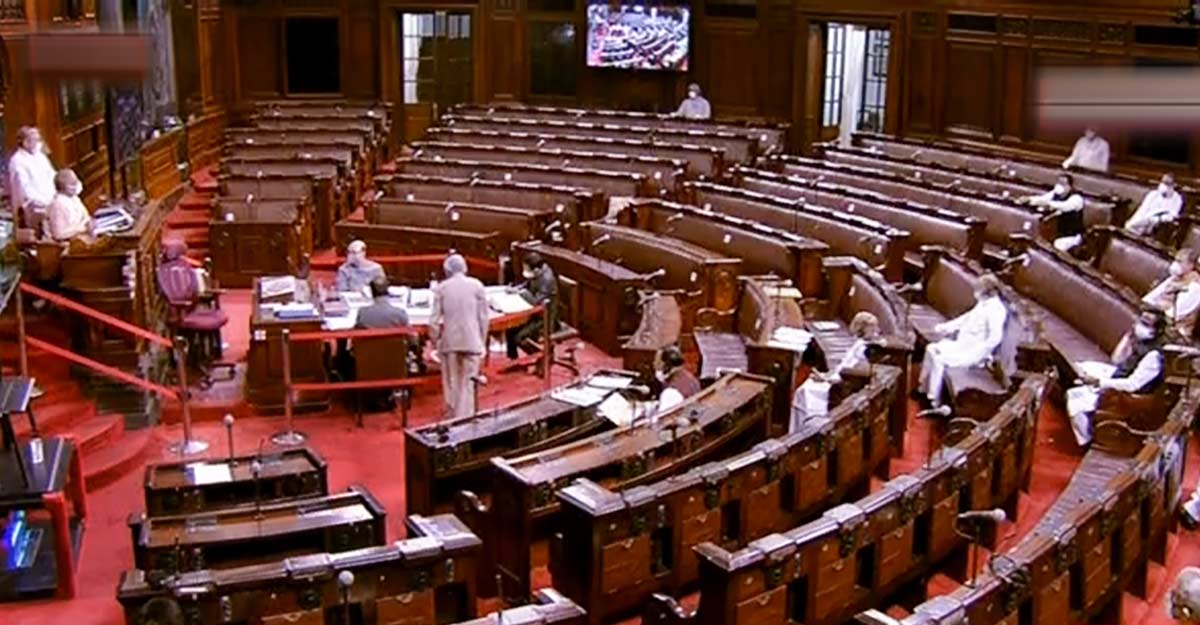
The Election Commission of India on Monday released the schedule for biennial elections to 56 Rajya Sabha seats nationwide, including three in Telangana state, that will fall vacant on April 2 due to the retirement of BRS members Joginapally Santosh Kumar, Badugula Lingaiah Yadav and Vaddiraju Ravichandra. Polling if necessary will be held on February 27. Only MLAs vote in the election. The state has seven Rajya Sabha seats, all represented by the BRS.
The Congress with 65 MLAs (including one from the CPI) can win two seats — the first time the party will get representation from Telangana state — and the 39-MLA BRS, one. Polling will become inevitable if the Congress fields an additional candidate with the hope of inducing cross-voting from Opposition parties. Otherwise, the three candidates will be declared elected unopposed. To contest the Rajya Sabha election, each candidate has to be proposed by at least 10 MLAs. The AIMIM (seven) and BJP (eight) cannot field a candidate unless they get the support of other parties.
To win a Rajya Sabha seat, the winning mark is 31, determined by the formula: Total number of MLAs / (number of Rajya Sabha seats + 1) + 1, which will translate into 119/(3+1)+1. For Telangana state, this will be 30.75, which will be rounded off to 31. The ballot paper will contain the names of all candidates and MLAs have to mark first, second and third preferences. The preferential votes will be
counted to decide the winners.
counted to decide the winners.
To check cross-voting, however, the Rajya Sabha polls are ‘semi-open”. Each MLA will have to show his or her marked ballot to the party’s authorised agent in the polling booth, before they are put into the ballot box. Showing a marked ballot to anyone other than the own party’s authorised agent will render the vote invalid. Not showing the ballot to the agent will also mean that the vote cannot be counted. Independent candidates are barred from showing their ballots to anyone. However, the cross-voting in the Rajya Sabha polls does not attract disqualification.
The Supreme Court, while declining to interfere with the open ballot system, ruled that not voting for the party candidate will not attract disqualification under the anti-defection law. As voters, MLAs retain their freedom to vote for a candidate of their choice. However, the court observed that since the party would know who voted against its own candidate, it is free to take disciplinary action against the legislator concerned.
As per the schedule issued by the ECI, the notification will be issued on February 8, last date to file nominations is February 15, scrutiny will be done on February 16, last date for withdrawal of nominations is February 20, polling if necessary and counting of votes will be done on February 27.
No Comments For This Post, Be first to write a Comment.
Most viewed from Hyderabad
Most viewed from World
AIMIM News
Latest Urdu News
Most Viewed
May 26, 2020
Is it right to exclude Bangladesh from the T20 World Cup?
Latest Videos View All
Like Us
Home
About Us
Advertise With Us
All Polls
Epaper Archives
Privacy Policy
Contact Us
Download Etemaad App
© 2026 Etemaad Daily News, All Rights Reserved.

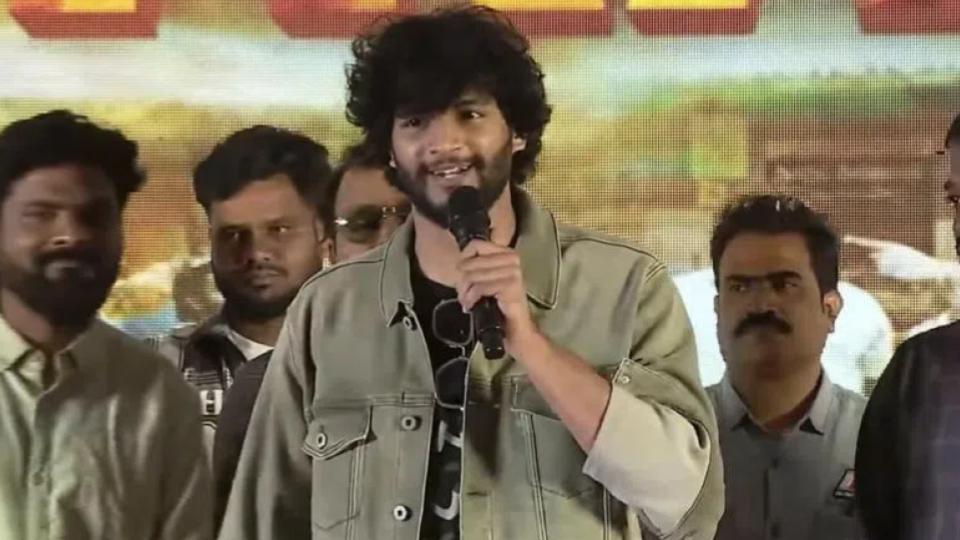
.jpg)
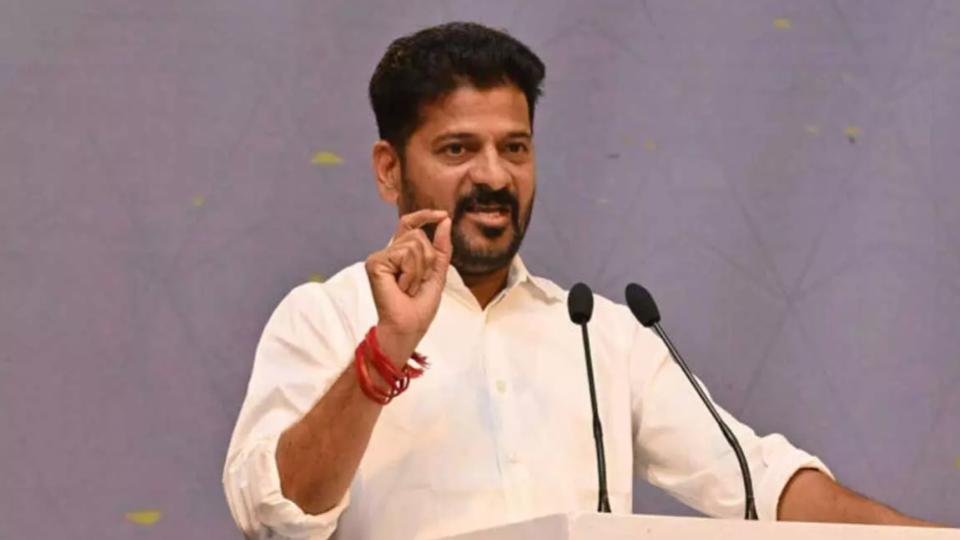
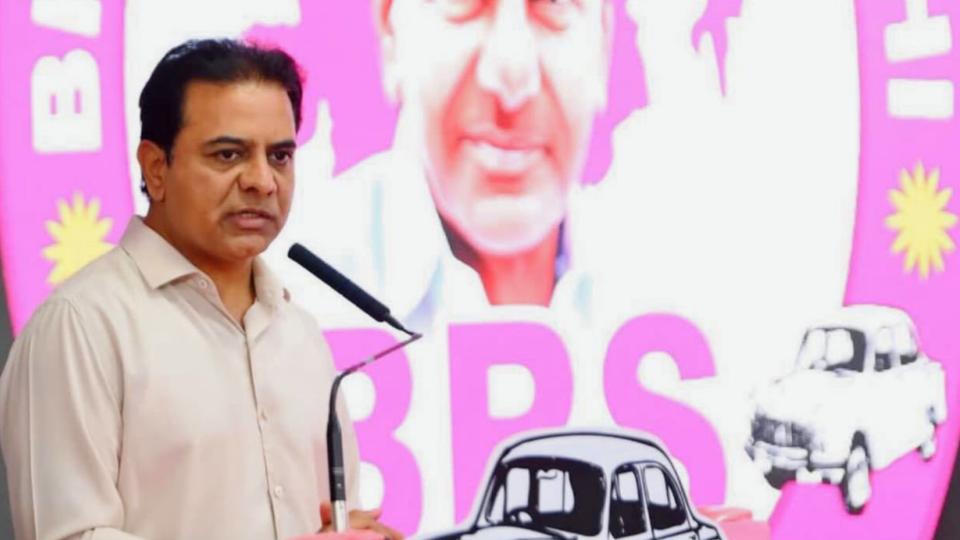





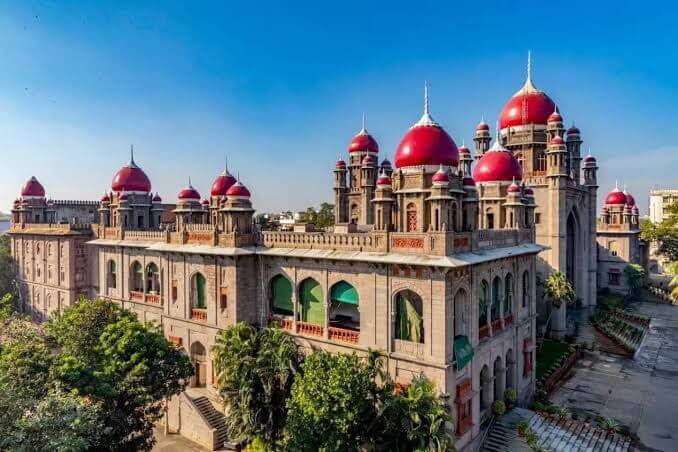
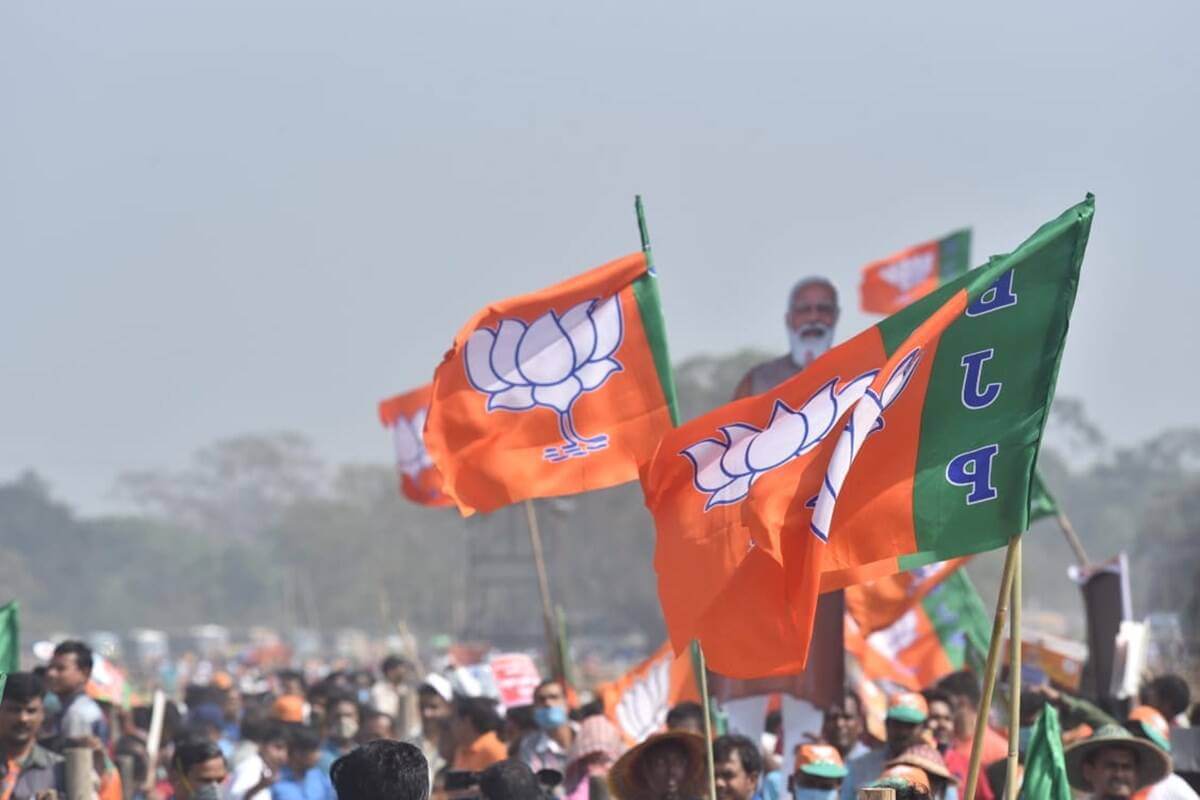
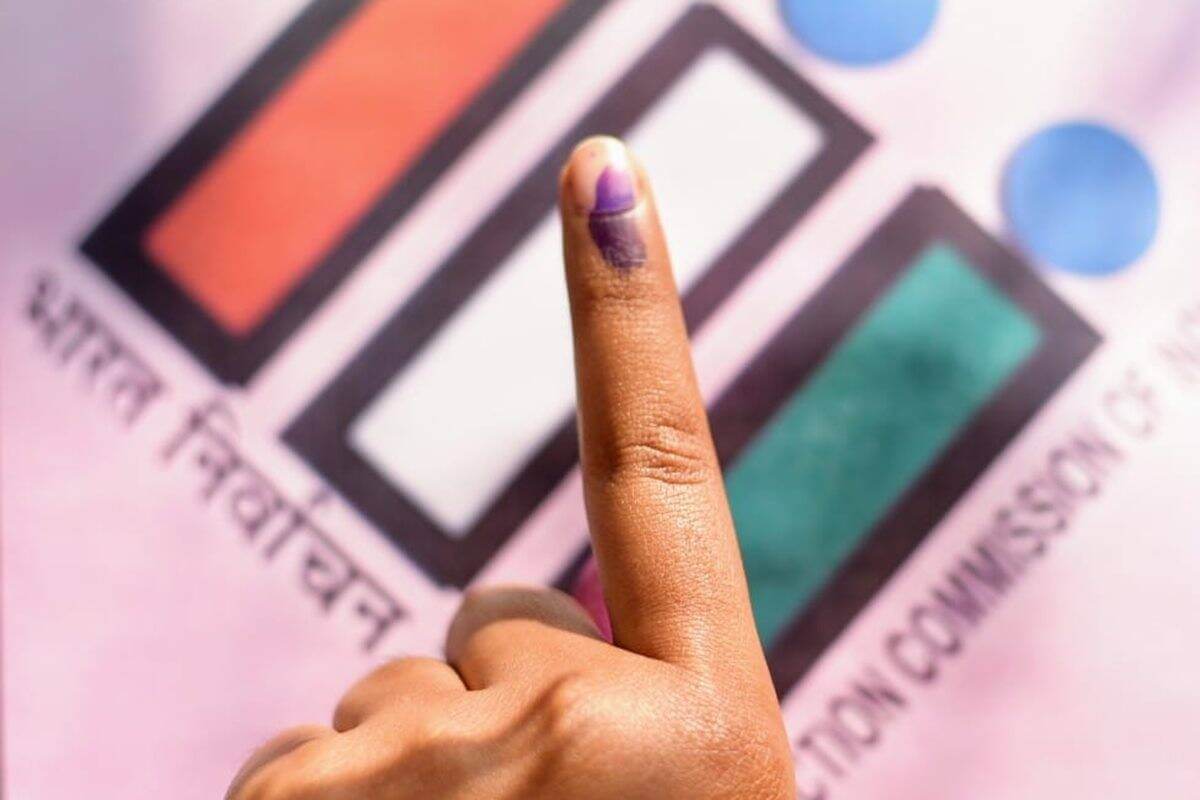
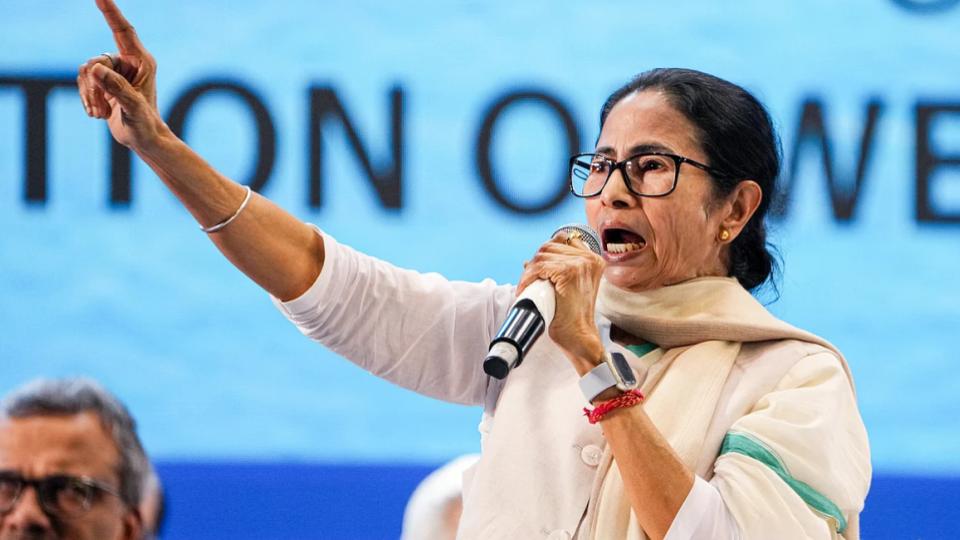
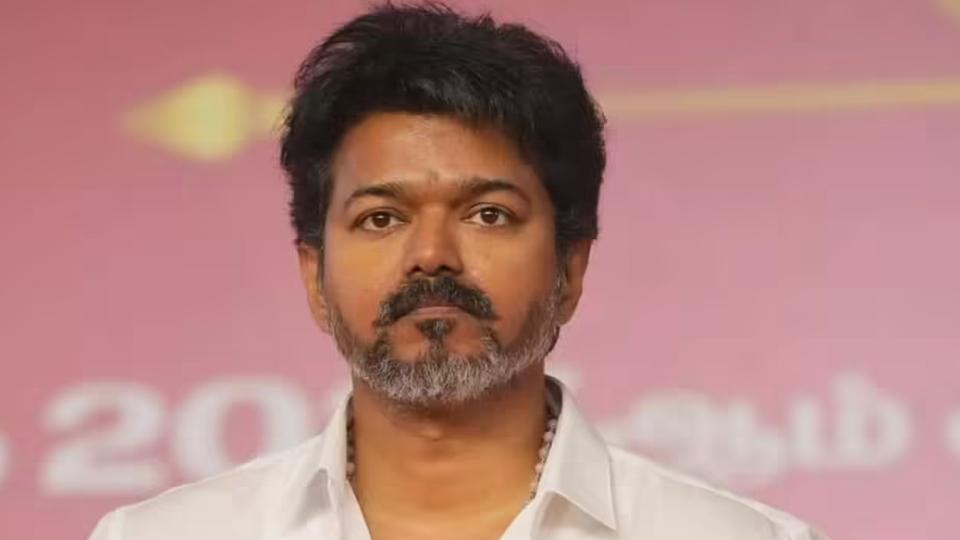
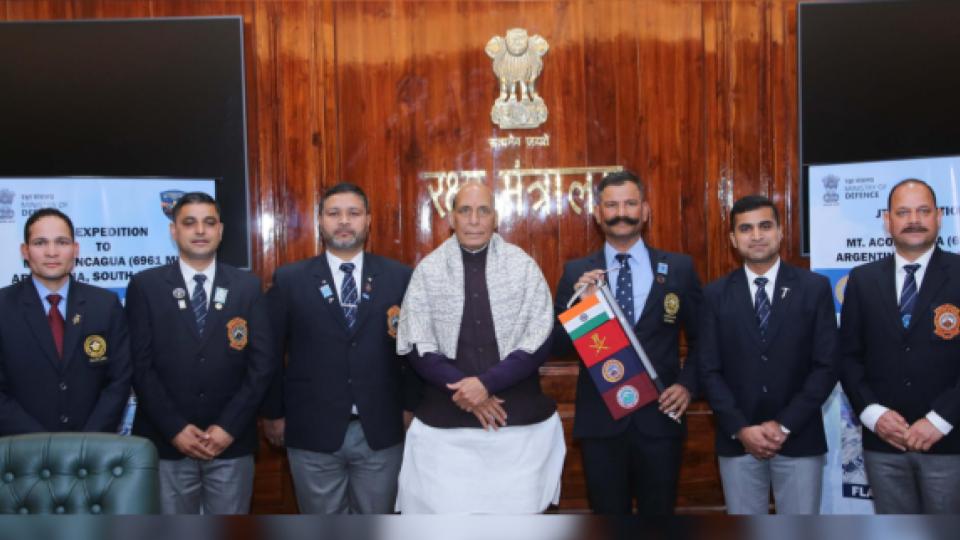
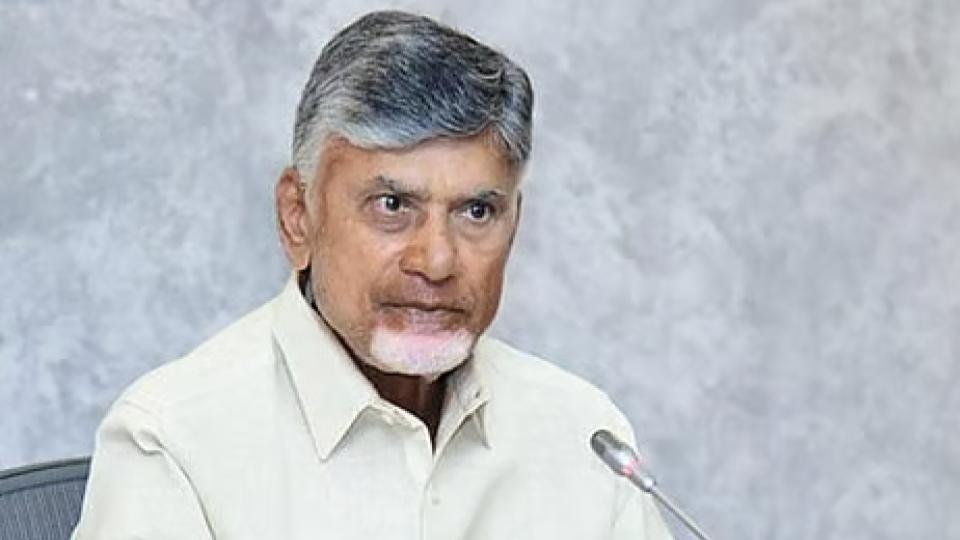
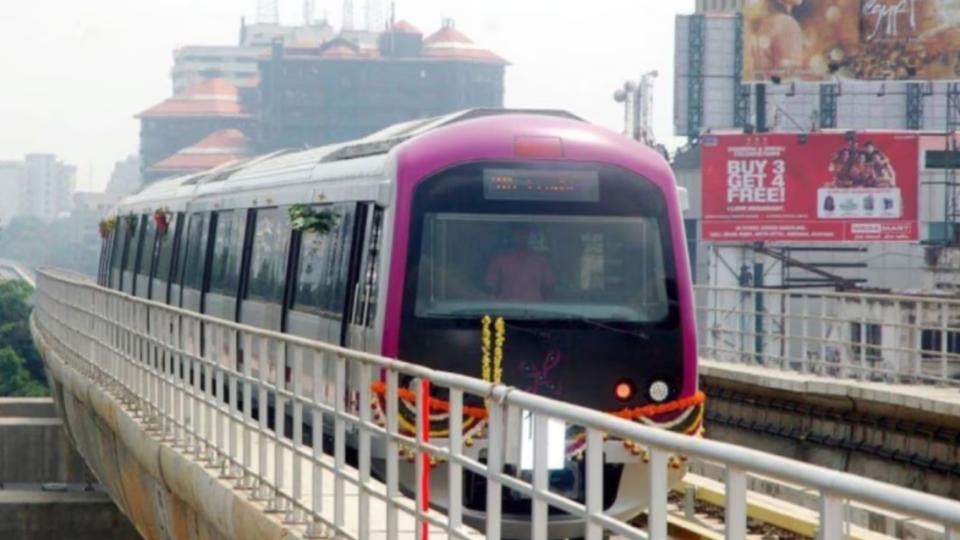
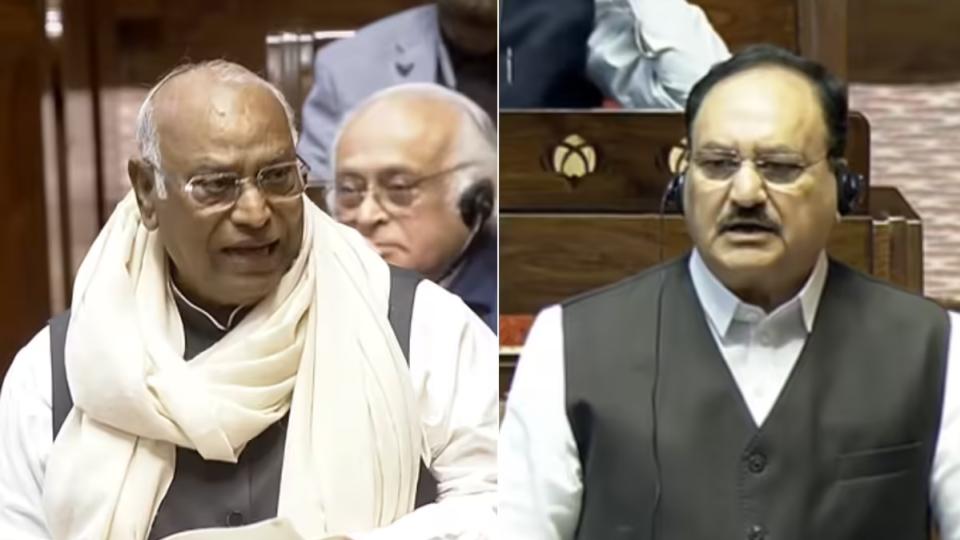
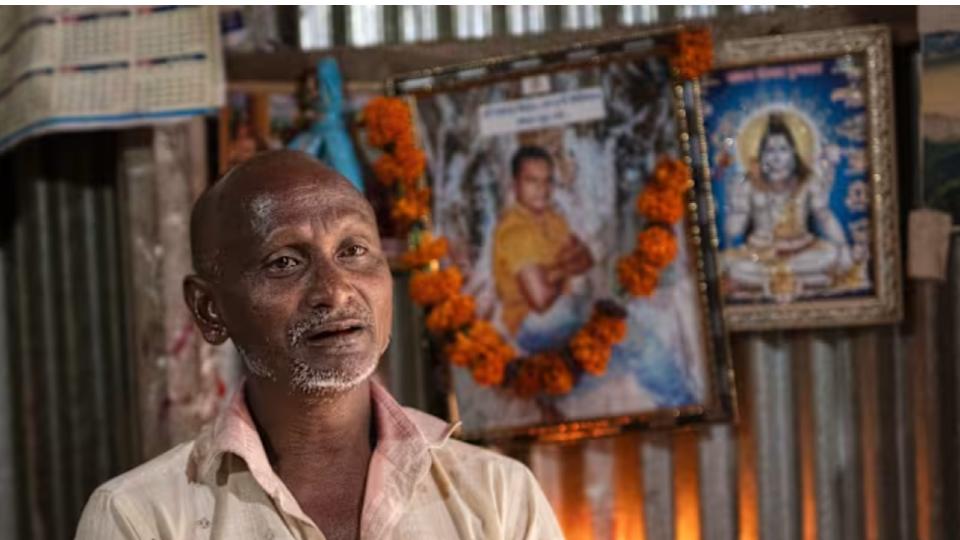
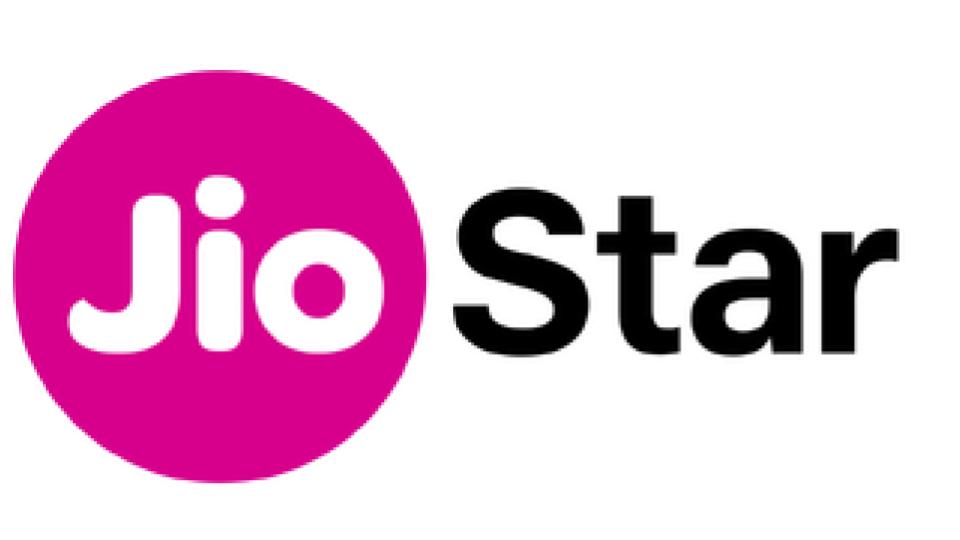

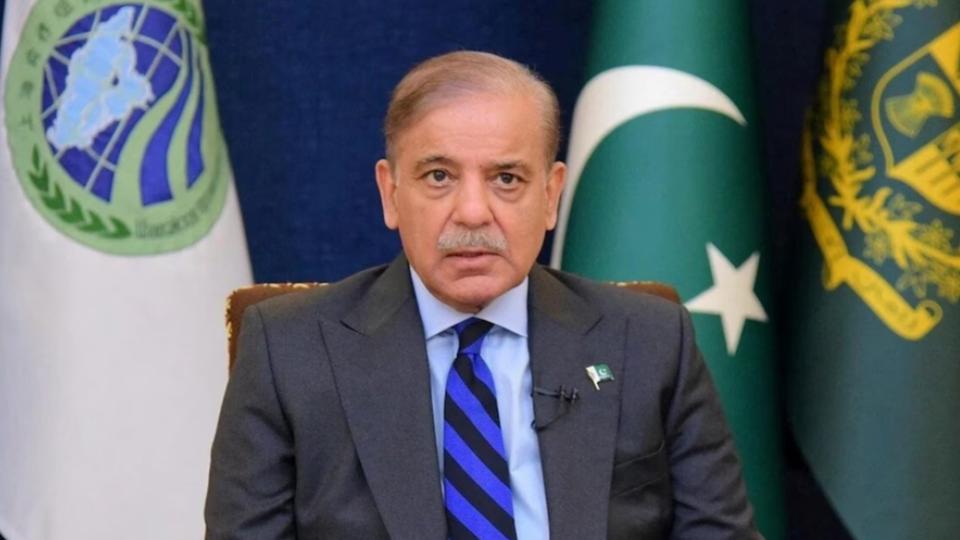













.jpg)
.jpg)
.jpg)


